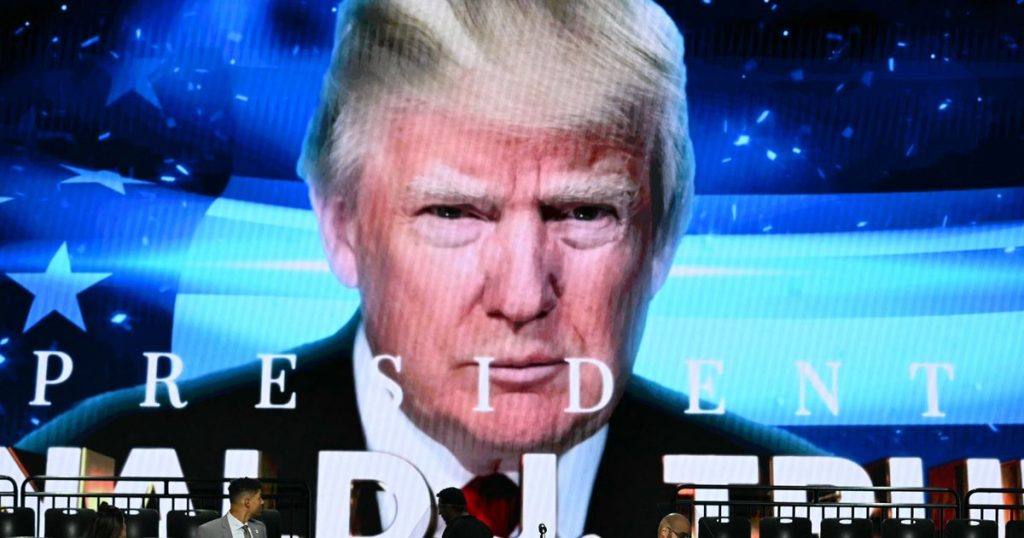House Democrats have sponsored bills that would strip former President Donald Trump of his Secret Service protection and other post-White House perks following his felony conviction on 34 state counts of falsifying business records in New York. Republican lawmakers have criticized this move, with one suggesting that Democrats are hoping for Trump’s assassination. The bills are unlikely to advance soon but have sparked controversy and debate in Congress.
Rep. Bennie Thompson introduced one of the bills after heading the House committee that investigated the Jan. 6, 2021, Capitol insurrection. Thompson expressed disappointment in Trump’s actions during his presidency, stating that he put people’s lives in danger. He questioned the logic of providing protection to a former president who has been convicted of a felony. The bill would stop Secret Service protection for protectees who are sentenced for state or federal crimes carrying a penalty of at least one year in prison, leaving other post-presidency perks intact.
Rep. Laura Sanchez introduced a separate bill called the “No Glory for Hate Act,” which aims to deny certain post-presidency perks to presidents who have been impeached twice or convicted of a state or federal crime relating to actions taken in an official capacity. This bill would prevent such individuals from receiving benefits like a pension, office space and staff, and government-funded memorials or building namings. However, it would allow for Secret Service protection to continue.
Sanchez justified her bill by pointing out that Trump’s recent felony conviction underscores the inappropriate use of taxpayer funds to honor someone like him. She cited Trump’s behavior as a continuing threat to democracy and asserted that he does not deserve to be memorialized or financially supported by federal resources. While both bills face significant obstacles in a Republican-controlled Congress, they raise important questions about the privileges granted to former presidents with criminal records.
The controversy surrounding these bills has led to partisan tensions in Congress, with some Republican lawmakers claiming that Democrats are advocating for violence against Trump by seeking to remove his Secret Service protection. Rep. Andy Biggs accused Democrats of putting Trump in harm’s way by suggesting that his security detail be stripped, calling it an “outrageous” proposal. The debate highlights the deep political divide in Washington over how to handle the post-presidency benefits of a convicted former president.
As the bills face an uphill battle in Congress, their introduction has sparked conversations around the perceived privileges enjoyed by former presidents, particularly those who have been convicted of felonies. While the likelihood of these bills passing remains uncertain, they have ignited bipartisan discussions about the boundaries and limitations of post-White House perks for individuals who have been found guilty of criminal offenses. The outcome of these debates will likely shape future legislation and policies regarding the treatment of former presidents with legal issues on their record.








